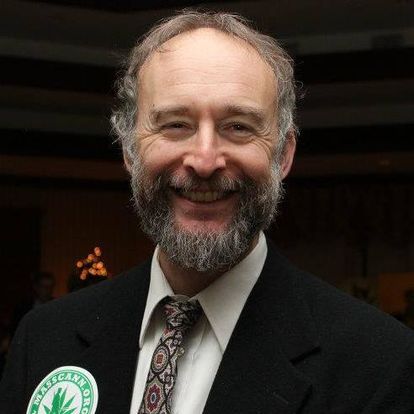Research Methods and Statistics
(PS10-82) Examining Volunteer Bias in Psychedelic Research
- SG
Samantha G. Gomez, M.A.
Graduate Student
University at Albany, State University of New York
Albany, New York, United States 
Fiona Low, M.A.
Graduate Student
University at Albany, State University of New York
Albany, New York, United States
Mitch S. Earleywine, Ph.D.
Professor of Psychology
University at Albany, State University of New York
Albany, New York, United States
Author(s)
Co-Author(s)
Since its resurgence, psychedelic research has garnered considerable attention in the field of psychology. Preliminary findings have indicated positive results regarding psychedelic-assisted therapy as a treatment for various mental health disorders. With such promising findings, continuing the expansion of this research is vital. Part of that expansion requires the recruitment of diverse samples which facilitates the generalizability of findings, an aspect of psychedelic research that has sparked concern recently. Concerns regarding volunteer bias have been prevalent in previous substance use-related studies, as well as across disciplines. Volunteer bias is the notion that those who participate in research studies differ from those who do not. Some researchers have argued that psychedelic studies are more likely to recruit participants who have an interest in psychedelics, ultimately allowing for a predisposition to positive effects which may impede generalizability. The current study attempts to examine potential volunteer bias in psychedelic research. A total of 702 participants recruited through Amazon MTURK consented to participate. Participants provided demographic information including age, biological sex, race and ethnicity, education level, as well as self-reported psychedelic use within the past five years. Participants were then presented with six unique hypothetical research studies, varying in type and compensation. Study types included single cross-sectional surveys, multiple surveys presented longitudinally, as well as psychedelic administration studies. Participants responded yes or no to indicate their willingness to participate in the hypothetical study. Each hypothetical study question asked if participants would be willing to participate for free (to help science) or if they would participate for a nominal fee (~$7.50 per hour). The agreement rates were: Single survey – unpaid (84.2%), Paid single survey (93.4%), Longitudinal surveys – unpaid (81.3%), Paid longitudinal surveys (91.5%), Administration study – unpaid (80.3%), and Paid administration study (86.9%). We conducted a total of six binary logistic regressions to assess whether participant demographics and reported psychedelic use within the past five years significantly predicted willingness to participate in the presented hypothetical research studies. Regarding a single unpaid survey, unpaid longitudinal surveys, and an unpaid administration study, reported psychedelic use within the past five years was a significant predictor of willingness to participate. Additionally, participants who reported greater psychedelic use within the past five years were three- to five-times more likely to participate in these studies. Participant demographics and reported psychedelic use did not reach significance for a paid single survey, paid longitudinal surveys, and paid administration study. Though these results lend support for potential volunteer bias, the field would benefit from additional research on this topic. Given the implications related to volunteer bias and impeded generalizability, these findings indicate a need for additional research to fully address the concern of volunteer bias in psychedelic research.

.png)
